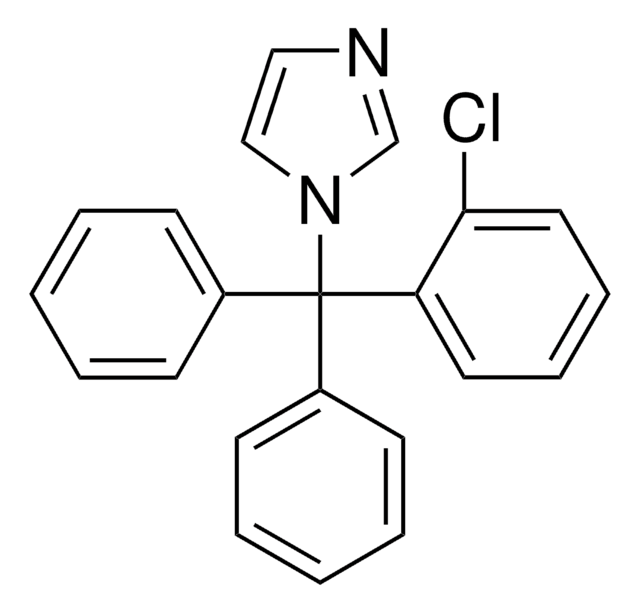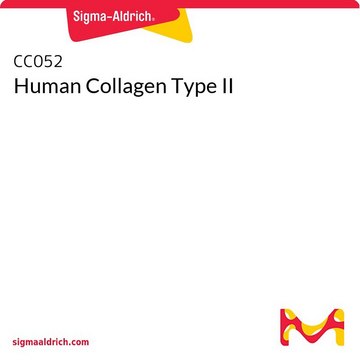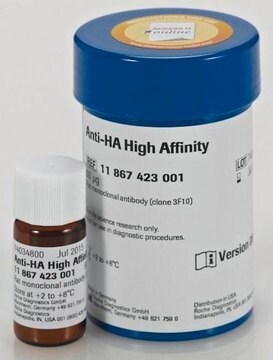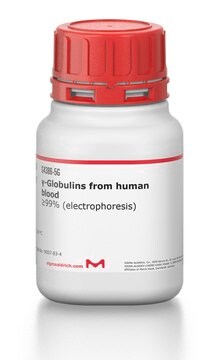C7104
Anti-Cdc27 antibody,Mouse monoclonal
clone AF3.1, purified from hybridoma cell culture
About This Item
Productos recomendados
origen biológico
mouse
conjugado
unconjugated
forma del anticuerpo
purified from hybridoma cell culture
tipo de anticuerpo
primary antibodies
clon
AF3.1, monoclonal
Formulario
buffered aqueous solution
mol peso
antigen 97 kDa
reactividad de especies
mouse, Xenopus, rat, bovine, canine, human
concentración
~2 mg/mL
técnicas
immunocytochemistry: suitable using 4% paraformaldehyde fixation, Triton X-100 permeabilization
immunohistochemistry (formalin-fixed, paraffin-embedded sections): suitable
immunoprecipitation (IP): suitable
indirect ELISA: suitable
microarray: suitable
western blot: 1-2 μg/mL using a HeLa Cell nuclear extract
isotipo
IgG2b
Nº de acceso UniProt
Condiciones de envío
dry ice
temp. de almacenamiento
−20°C
modificación del objetivo postraduccional
unmodified
Información sobre el gen
human ... CDC27(996)
mouse ... Cdc27(217232)
rat ... Cdc27(360643)
Categorías relacionadas
Descripción general
Inmunógeno
Aplicación
- Immunocytochemistry using 4% paraformaldehyde fixation and Triton X-100 permeabilization
- Immunohistochemistry (formalin-fixed, paraffin-embedded sections)
- Immunoprecipitation.
- Indirect ELISA
- Microarray
- Western blotting / immunoblotting at a concentration of 1-2μg/mL using a HeLa Cell nuclear extract.
- Anaphase-promoting complex/cyclosome APC/C Purification.
Acciones bioquímicas o fisiológicas
Cláusula de descargo de responsabilidad
¿No encuentra el producto adecuado?
Pruebe nuestro Herramienta de selección de productos.
Elija entre una de las versiones más recientes:
Certificados de análisis (COA)
¿No ve la versión correcta?
Si necesita una versión concreta, puede buscar un certificado específico por el número de lote.
¿Ya tiene este producto?
Encuentre la documentación para los productos que ha comprado recientemente en la Biblioteca de documentos.
Nuestro equipo de científicos tiene experiencia en todas las áreas de investigación: Ciencias de la vida, Ciencia de los materiales, Síntesis química, Cromatografía, Analítica y muchas otras.
Póngase en contacto con el Servicio técnico






